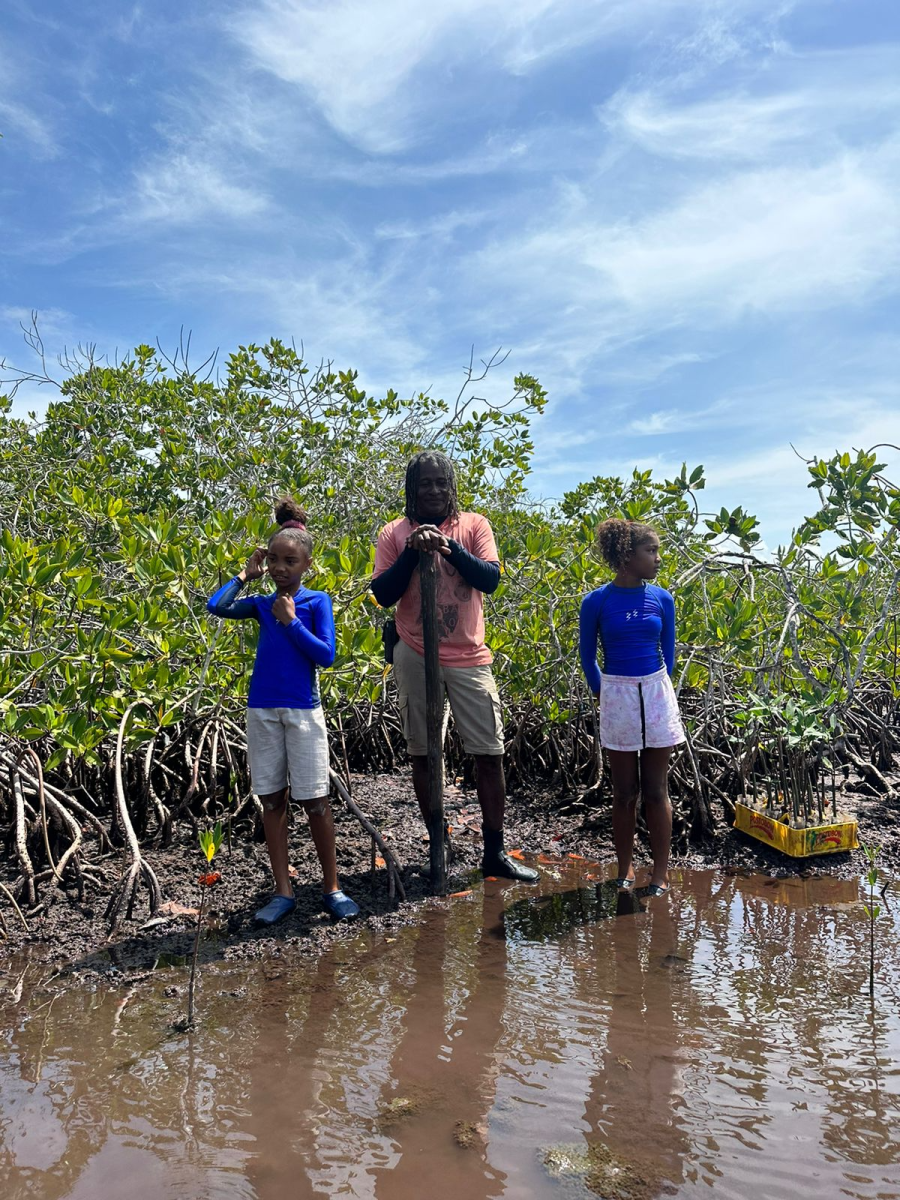In our consumer-happy Western society, physical property - as well as intellectual property - are commodities to buy, sell, and own. Western law allows us to patent and copyright the products of our thoughts, and we are outraged when the fruits of our mental labor are stolen by others.
Yet when such labor is the result of hundreds of years' worth of research and experimentation by a tribal society, then any claims to "property" go out the window. This is more than a question of group versus individual rights. Indigenous knowledge is the West's new "frontier" in what Jason Clay (CSQ 14(4)) calls "the last great resource rush."
So when a native arrow poison used as an anticoagulant shows up as a basis for a pharmaceutical giant's latest "discovery" or when university-trained agro-economists cultivate an African rice strain formulated through years of indigenous research, these uses, without permission or acknowledgment, raise the question of rights. What are the rights to intellectual property - or, rather, what is the "right" thing to do when indigenous knowledge is involved? Western law recognizes and protects corporations, universities, and government agencies; we should apply these same standards to indigenous people. In exploring rights versus what is right, this volume's authors propose solutions: promote native claims to intellectual property in international agreements; name indigenous groups as co-inventors on scientific patents; and control research forays into native lands.
The contributions that indigenous people have made to Western agriculture, medicine, and the arts have yet to be recognized, much less protected and paid for. Because their knowledge is not valued or compensated, they cannot make a living in traditional ways. Children take up new lifestyles, and the groups (and their libraries of knowledge) themselves are lost. Western consumers, who have benefited so long from this wealth of information, also lose. Everybody loses - unless we do more than just say "thanks."
Article copyright Cultural Survival, Inc.



